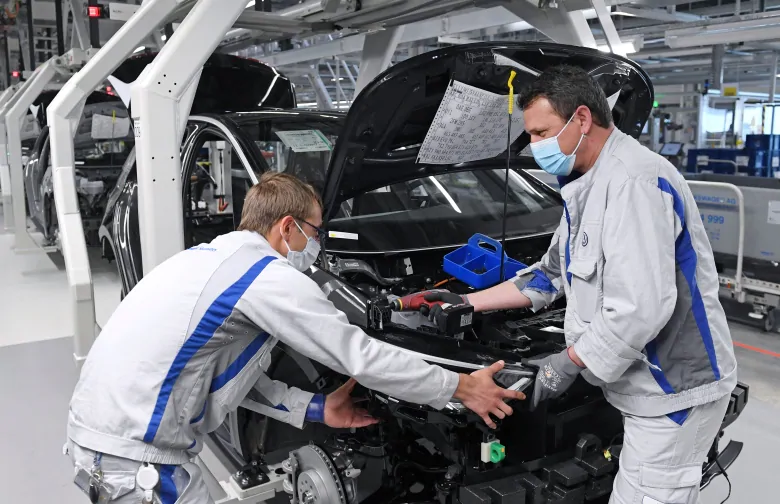The economic repercussions of the COVID-19 pandemic have forced governments around the world to resort to massive spending in order to calm the nerves of people and businesses alike. But will stimulus plans help move the world toward a cleaner, greener future or will they largely maintain the status quo?

Listen to the full episode27:00
The economic repercussions of the COVID-19 pandemic have forced governments around the world to resort to massive spending in order to calm the nerves of people and businesses alike.
But one question has been troubling many economists and environmental advocates: Will stimulus plans help move the world toward a cleaner, greener future or will they largely maintain the status quo, which includes protecting the interests of fossil fuel industries?
“It is a really vital moment and the reason is that we are basically out of time to turn our economies around” in terms of climate action, said Cameron Hepburn, professor of environmental economics and director of the Smith School at the University of Oxford, in an interview for the first episode of What on Earth, a new CBC Radio show focused on climate change.
- Listen to What on Earth on CBC Radio 1 every Sunday at 10:30 a.m., 11 a.m. in Newfoundland
A report by the UN’s Intergovernmental Panel on Climate Change said we have about 12 years to act in order to avert climate disaster — and that was two years ago.
“If we do all of that [stimulus] spending in a way that is business-as-usual, that is fossil-fuelled, then we will bring forward further capital investment that locks in further emissions for decades to come,” said Hepburn, who is the lead author on a recent U.K. study looking at how pandemic stimulus could help move countries to a low-carbon future.
In terms of a “green recovery,” Germany has arguably shown the most ambition.
Last month, it earmarked 40 billion euros (about $61 billion Cdn) for low-carbon initiatives like greater electric-vehicle rebates, building retrofits and enhanced infrastructure to support hydrogen power.

Meanwhile, French President Emanuel Macron has announced 15 billion euros (about $23 billion Cdn) in green spending.
His government has also conditioned a bailout of Air France on the airline drastically lowering its emissions, by decreasing the number of flights and taking steps to reduce the carbon footprint per passenger.
Canada hasn’t been as bold.
Environment Minis

